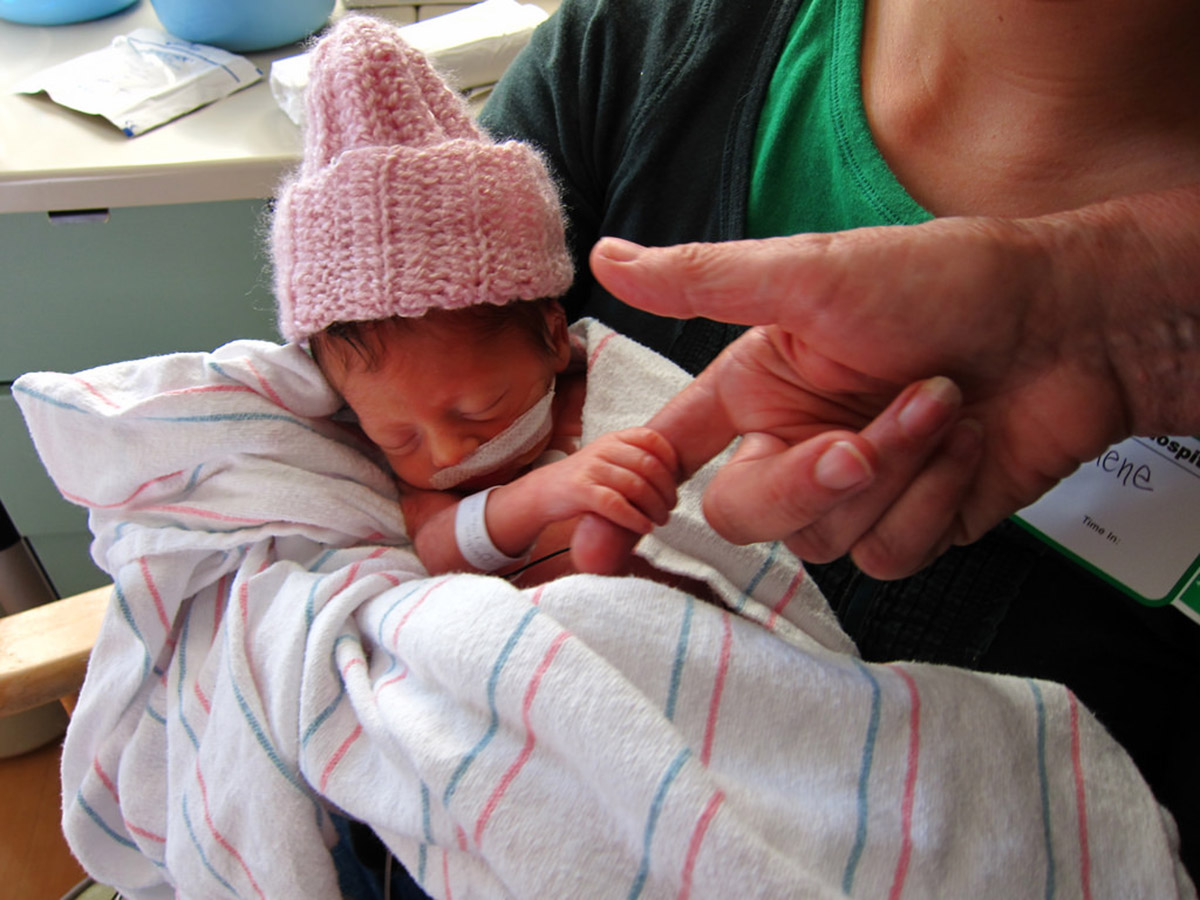Table of Contents
Symptoms of ASD
Each child with ASD tends to have a unique pattern of behavior and severity of the condition. The severity of the condition may depend on certain aspects, such as how impaired social communication is as well as the repetitive and restrictive nature of the child's behavior.

Signs and symptoms of ASD can be divided into 2 groups. Namely, social communication and interaction and patterns of behavior.
Symptoms of autism related to social communication and interaction can include:
- The child doesn't respond to their name or seem like they don't hear people calling them.
- Poor eye contact.
- Lack of facial expression.
- Prefers to play by themselves and retreat into their own world.
- They resist cuddling and holding.
- The child may have delayed speech, doesn't want to talk or loses previously learned speech abilities.
- If they speak, it may be with an abnormal rhythm or tone.
- They might repeat words exactly as they were heard but they don't seem to understand how to use them.
- It seems as if they don't understand simple directions or questions.
- They don't express emotions or feelings and seem to be unaware of those of others.
- Inappropriate behaviour such as being aggressive, disruptive or even passive.
Patterns of behaviour
- Performing repetitive behaviours such as spinning or rocking, or harmful activities such as head-banging.
- They move constantly.
- They perform specific rituals or routines and then become very disturbed at the slightest change of these activities.
- They may be resistant to change or even uncooperative.
- There may be issues with movement patterns or coordination.
- They can be sensitive to touch and sound as well as light, but they may not be bothered by pain.
- They can become fixated on an activity or object with abnormal focus or intensity.
- Odd food preferences, such as eating only those with a certain texture, etc.
When to see a doctor
It's advisable to see a doctor to run developmental tests if the child misses the following milestones:
- Smiling or happy expression by 6 months.
- Mimicking sounds or facial expressions by 9 months.
- Babbling or cooing by 12 months.
- Performing gestures — such as pointing or waving — by 14 months.
- Saying single words by 16 months.
- Playing pretend or "make-believe" by 18 months.
- Speaking 2-word phrases by 24 months.
- The child loses their previously learned social or language skills at any age.
Risk factors for developing ASD
Although ASD affects children of all nationalities and races, there are certain factors which may increase the risk of developing this condition.
- Gender - boys are 4 times more likely than girls to develop ASD.
- Family history - in families where one child is diagnosed with ASD, there's an increased chance to have another child with the same problem.
- Associated medical conditions - children with certain medical conditions such as fragile X syndrome, Tourette syndrome, Rett syndrome or tuberous sclerosis are more likely to develop ASD.
- Age of parents - there is a suggestion that children born to older parents may develop ASD, but more research is needed to link this factor.
- Extreme preterm babies - this has been covered in the article.
- www.medicalbrief.co.za/archives/prem-infants-may-show-less-interest-in-others/
- www.asha.org/Practice-Portal/Clinical-Topics/Social-Communication-Disorders-in-School-Age-Children/
- www.mayoclinic.org/diseases-conditions/autism-spectrum-disorder/basics/definition/con-20021148
- Photo courtesy of valeriebb: www.flickr.com/photos/valeriebb/3807602778/
- Photo courtesy of yarhargoat: www.flickr.com/photos/yarhargoat/4354264425/
- Photo courtesy of yarhargoat: www.flickr.com/photos/yarhargoat/4354264425/


Your thoughts on this